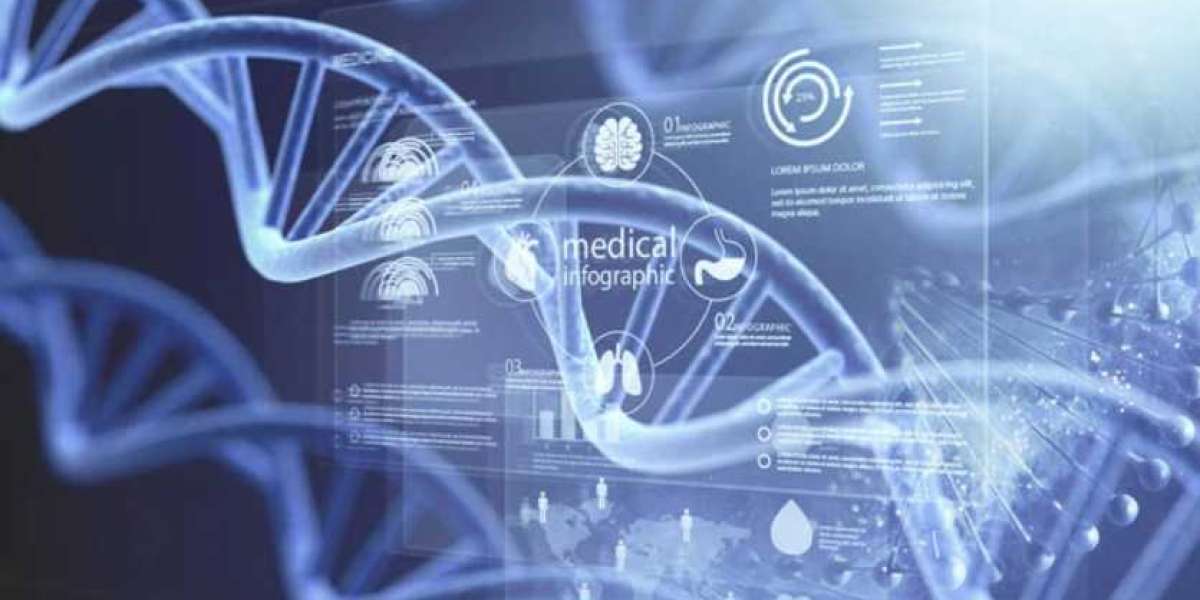In the realms of biology and human health, the terms “cholesterol” and “lipids” frequently appear, often shrouded in a blend of misconceptions and crucial truths. As foundational elements of both structural and metabolic processes, these compounds play vital roles in maintaining the intricate balance of life. This article aims to illuminate the characteristics, functions, and importance of cholesterol and lipids in overall health.
What are Lipids?
Lipids are a diverse group of organic compounds that are insoluble in water but soluble in nonpolar solvents. They encompass a wide variety of molecules, including fats, oils, waxes, phospholipids, and steroids. Among their critical functions are energy storage, cellular structure formation, and serving as signaling molecules.
Types of Lipids:
Triglycerides: These are formed from one molecule of glycerol and three fatty acids. They are the main constituents of body fat in humans and animals, as well as vegetable fat.
Phospholipids: Integral components of cell membranes, phospholipids are formed by two fatty acids, a phosphate group, and a glycerol molecule. They create a bilayer that protects cells and contributes to their functionality.
Steroids: Comprising a carbon-ring structure, steroids include hormones like testosterone and estrogen, as well as cholesterol.
Understanding Cholesterol
Cholesterol is a type of lipid and specifically a steroid, making it a crucial member of the lipid family. Found in every cell of the body, cholesterol is essential for various physiological processes.
Functions of Cholesterol:
Cell Membrane Structure: Cholesterol is a fundamental component of cell membranes, contributing to their fluidity and permeability.
Hormone Production: It serves as a precursor for synthesizing steroid hormones like cortisol, aldosterone, and sex hormones.
Vitamin D Synthesis: Cholesterol is vital for the production of Vitamin D, which is essential for bone health, immune function, and mental well-being.
Bile Acid Formation: It is required for the production of bile acids, which aid in the digestion and absorption of dietary fats.
The Balance of Cholesterol
While cholesterol is indispensable for health, maintaining its proper balance is crucial. Cholesterol travels through the bloodstream in the form of lipoproteins—specifically, low-density lipoprotein (LDL) and high-density lipoprotein (HDL).
LDL (Low-Density Lipoprotein): Often termed "bad cholesterol," elevated levels of LDL can lead to the accumulation of cholesterol in the arteries, potentially causing atherosclerosis and cardiovascular diseases.
HDL (High-Density Lipoprotein): Known as "good cholesterol," HDL helps transport cholesterol away from the arteries and back to the liver for processing and elimination.
Lipids and Health
Lipids, including fats and oils, serve as essential energy reserves. Omega-3 and omega-6 fatty acids, found in fish, nuts, and seeds, are vital for brain function and cell growth. However, not all lipids are beneficial. Saturated and trans fats, often found in processed foods, can contribute to increased LDL cholesterol levels and associated health risks.
Dietary and Lifestyle Considerations
To maintain optimal cholesterol and lipid levels, consider the following guidelines:
Healthy Diet: Incorporate foods rich in unsaturated fats like avocados, nuts, and olive oil. Limit the intake of saturated and trans fats.
Regular Exercise: Physical activity can boost HDL levels and reduce LDL levels.
Avoid Smoking: Smoking lowers HDL cholesterol and damages blood vessels.
Regular Screening: Routine checks can help monitor and manage cholesterol levels.
Conclusion
Cholesterol and lipids are indispensable to human health, playing critical roles in cellular architecture, hormone production, and overall metabolic function. By understanding their complex roles and maintaining a balanced lifestyle, we can harness their benefits while minimizing health risks. As science progresses, our knowledge of these vital compounds continues to evolve, underscoring the necessity of informed dietary and lifestyle choices for long-term well-being.








